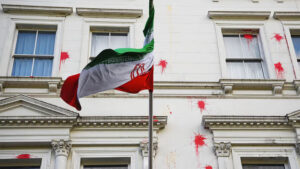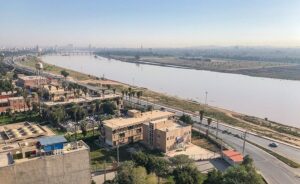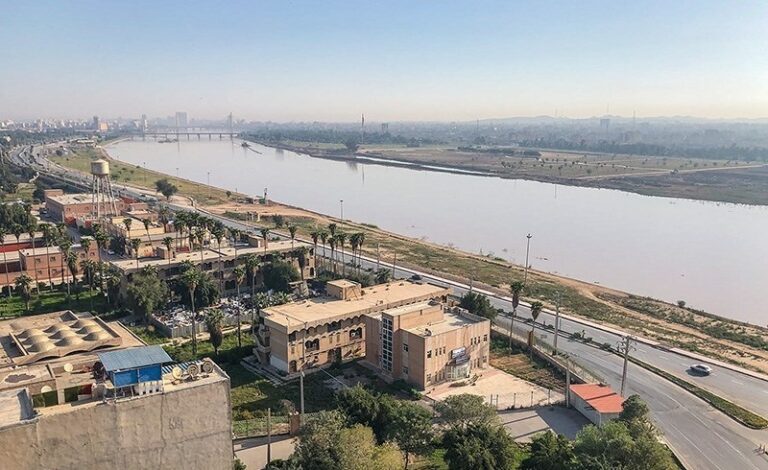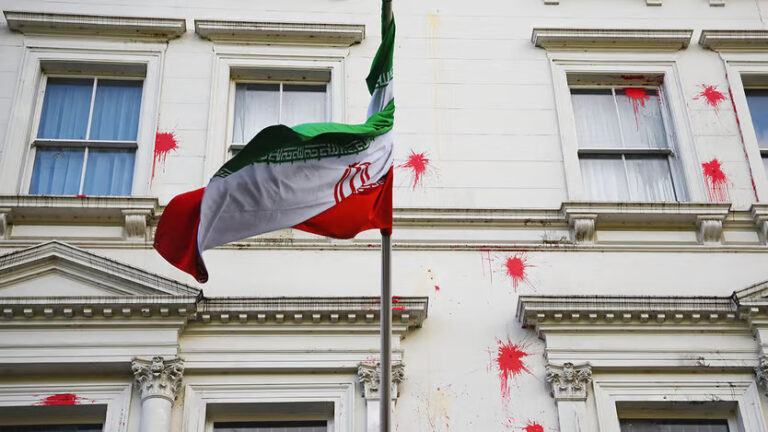What Does It Mean to Be a Writer in a Country That Silences Your Voice?
On the cold evening of January 6, 2025, another chapter of repression unfolded in Ahvaz. Iranian security forces stormed the home of Arab writer and researcher Saeed Ismail, arresting him in front of his terrified family. They confiscated everything that connected him to his world—his phone, his computer, and, perhaps most precious of all, his words.
Saeed Ismail was more than just a writer or researcher; he was a voice echoing a culture and identity that is being stifled day by day. Through his children’s stories, such as Risan and the River Fish and Risan and the Wounded Bird, he instilled hope in young hearts, teaching them that dreams have a right to exist and that words hold an unbreakable power. In his research, he delved into the depths of Arabic literature, reviving a history that oppressive policies seek to erase. As the editor-in-chief of the Arabic section of Nawabet magazine, he bore the responsibility of keeping the Arabic language and culture alive in Ahvaz.
But can the voice of truth exist without consequence?
Now, Saeed Ismail, who suffers from a severe kidney disease, sits behind bars. His condition is unknown, his access to medical care uncertain. Every passing minute threatens his life, and every silence surrounding his case contributes to the erasure of his voice.
His arrest is not an isolated incident. It is part of an escalating crackdown on Arab intellectuals and activists in Ahvaz—an effort to suppress any cultural or intellectual identity that challenges the Iranian regime’s policies. Before Ismail, poet Saeed Heliji was taken to Sheiban Prison. And today, no one knows who will be next in this relentless cycle of oppression.
Amid this growing repression, the Ahwazi Human Rights Organization (AHRO) calls for the immediate release of Saeed Ismail and holds Iranian authorities fully responsible for his health and well-being. The organization urges the international community—and anyone who refuses to let free expression be criminalized—to stand in solidarity with a people under siege and a writer who asks for nothing more than the right to tell his nation’s story.
In a time when writers are imprisoned for their words, the question remains: Will we allow free voices to be silenced, or will we become their echo?
Retaj









